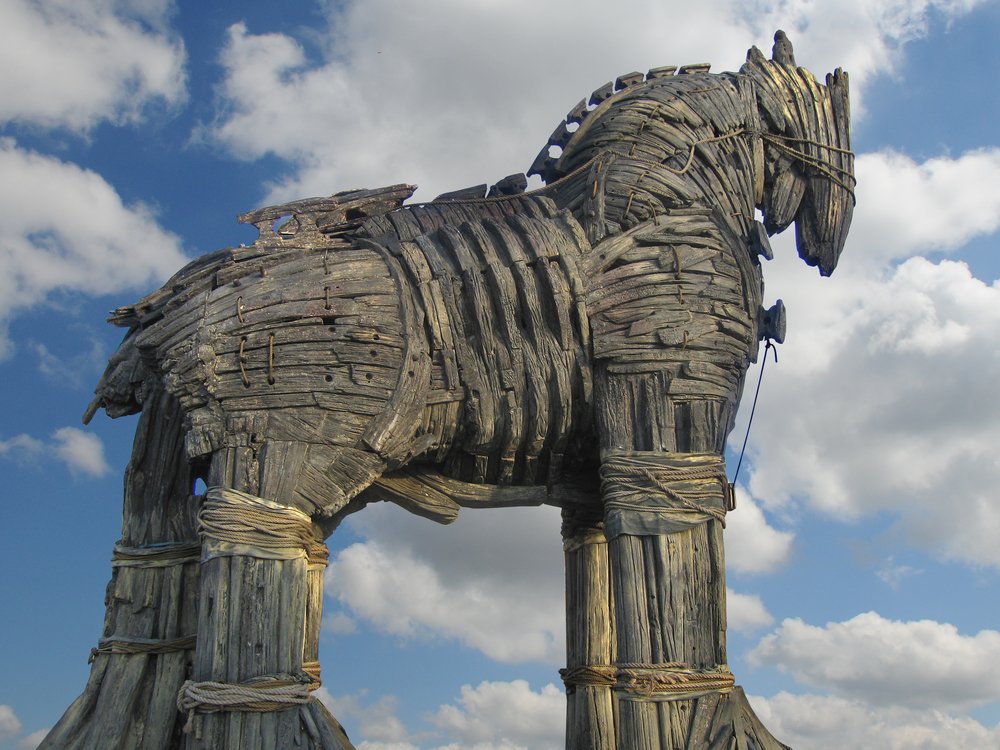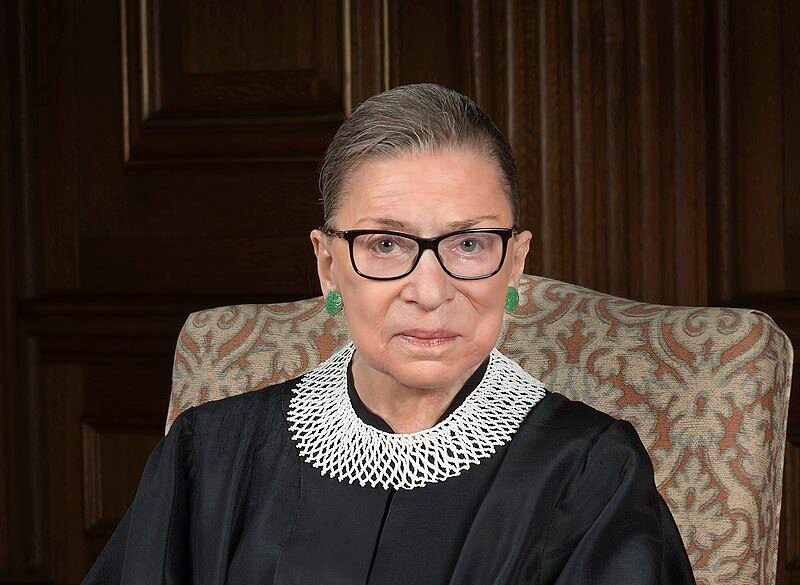![]()
Founders’ First Freedom, Inc. has filed a “friend of the court” brief with the United States Supreme Court, asking the Court to hear an important workplace religious accommodation case.
LOS ANGELES, CA – On October 16, 2018, Founders’ First Freedom filed an amicus curiae (friend of the court) brief in Darrell Patterson v. Walgreen Co., Docket No. 18-349, in support of Darrell Patterson’s petition for writ of certiorari before the United States Supreme Court.
The case involves the accommodation of the religious beliefs of an employee who refrained from working on a Saturday as doing so would violate his faith and was terminated as a result after refusing an “accommodation” consisting of a demotion with no guarantee for future religious accommodation. While some Circuit Courts of Appeal have permitted similar cases to go forward to trial where juries can decide whether a proposed accommodation is reasonable or would impose an undue hardship on the employer, the trial court dismissed this case on summary judgment without allowing it to go to trial.
According to Michael Peabody, a Los Angeles-based attorney and president of Founders’ First Freedom, “Despite Congress’ incorporation of the EEOC Guidelines via the passage of a 1972 amendment to the Civil Rights Act of 1964, which was intended to bolster the right to accommodation of religious beliefs, the circuit courts are presently divided on what this means. The circuit courts are divided on what the ‘reasonably accommodate’ and ‘undue hardship’ mean for employers and employees. The uncertainty surrounding the meanings of these terms has resulted in litigation that would be avoided if clarity was provided by the Court. Patterson provides this Court with the ideal vehicle to address both of these terms.”
“In this case, the Court has the opportunity to provide clarity that will help reduce the amount of litigation by creating reasonable expectations before issues arise. While current interpretations of employer and employee obligations vary between the circuits and the EEOC, this case presents the Supreme Court with the opportunity to promote consistency and predictability in a manner that is respectful of both religious beliefs and diverse business situations.”
Attorney Walter E. Carson, vice president of Founders’ First Freedom, is no stranger to religious accommodation cases having successfully obtained an 8-1 decision in Hobbie v. Unemployment Appeals Comm’n of Florida, 480 US 136 (1987), on behalf of a Seventh-day Adventist who had been denied unemployment compensation by the state of Florida when her employer objected to paying benefits claiming that she did not qualify as she had been terminated for refusing to work on her Sabbath. The opinion, drafted by Justice William J. Brennan Jr., found that a state cannot deny unemployment benefits to an employee dismissed for having religious conflicts with the employer. This Court found that the state had violated the Free Exercise Clause by pressuring religious adherents to modify their religious views in order to retain work or benefits.
Founders’ First Freedom, Inc., is a 501(c)(3) non-profit organization incorporated in 2005 that exists to uphold liberty of conscience and to pursue a cooperative approach to resolving disputes between parties in cases affecting religious freedom. Founders’ First Freedom is the successor organization to the Council on Religious Freedom, a non-partisan, non-profit national advocacy group formed in 1986 that appeared frequently in court on issues involving the Free Exercise and Establishment Clauses and associated legislation.
Link to Amicus Brief: 18-349 Amicus (Founders’ First Freedom)
Link to Supreme Court case materials in Darrell Patterson v. Walgreen Co. (Docket No. 18-349)
Holding: The case involves whether an employee's religious belief to not work on Saturday was reasonably accommodated when offered only a demotion.

